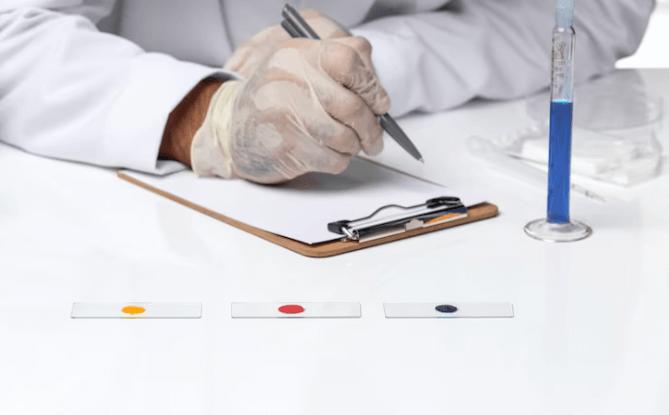When it comes to maintaining your health, your liver plays an essential role. From detoxifying your body to aiding digestion, this hardworking organ deserves attention. One way to monitor liver health is through a LFT test, also known as a liver function test. But how do you know when it’s time to get one? Here are some common symptoms that might indicate the need for an LFT test, along with practical advice to help you navigate this vital health checkup.
What Is an LFT Test?
An LFT test measures the levels of various enzymes, proteins, and substances in your blood to assess how well your liver is functioning. This test is often prescribed if your doctor suspects liver damage or disease. By identifying early signs of liver issues, the test can help you take timely action to protect your health.
Symptoms to Watch Out For
Here are the key symptoms that may indicate a need for an LFT test:
1. Persistent Fatigue
Feeling tired all the time, even after adequate rest, can sometimes be linked to liver issues. When the liver struggles to detoxify your blood effectively, toxins can build up, leaving you feeling drained. If you find yourself constantly low on energy, it’s worth discussing with your doctor.
2. Jaundice (Yellowing of Skin and Eyes)
One of the most noticeable symptoms of liver trouble is jaundice. This happens when there’s an excess of bilirubin in the blood due to poor liver function. If you or someone you know develops yellowing of the skin or eyes, it’s critical to seek medical attention immediately.
3. Dark Urine and Pale Stool
Changes in the color of your urine or stool can be an early indicator of liver problems. Dark urine might suggest an issue with bilirubin processing, while pale stool could indicate a blockage in bile flow. Both are red flags that should prompt you to consider an LFT test.
4. Abdominal Pain or Swelling
Persistent pain or swelling in the upper right side of your abdomen might signal liver inflammation or enlargement. This discomfort can make everyday activities difficult and should not be ignored.
5. Unexplained Weight Loss or Appetite Changes
A sudden drop in weight or a loss of appetite can sometimes be linked to liver conditions. Your liver plays a key role in metabolism, and any disruption can affect your body’s ability to process nutrients efficiently.
Also Read- Why Doctors Recommend the HbsAg Test
When to See a Doctor
If you’re experiencing any of the above symptoms, it’s essential to consult a healthcare professional. Your doctor may recommend an LFT test based on your symptoms and medical history. Early detection can make a significant difference in managing liver-related issues.
Practical Tips for Maintaining Liver Health
Even if you don’t currently have symptoms, adopting liver-friendly habits can go a long way in preventing issues. Here are some practical tips:
- Stay Hydrated: Drinking plenty of water helps flush out toxins from your body.
- Eat a Balanced Diet: Include foods rich in antioxidants, such as leafy greens, berries, and nuts, to support liver health.
- Limit Alcohol Consumption: Excessive alcohol intake is a leading cause of liver damage.
- Exercise Regularly: Physical activity helps maintain a healthy weight and reduces the risk of fatty liver disease.
Real-Life Example
Take the story of Rajesh, a 35-year-old marketing executive who noticed he was constantly tired and had mild abdominal discomfort. Initially, he brushed it off as work-related stress. But when his symptoms persisted, he visited his doctor, who recommended an LFT test. The results revealed elevated liver enzymes, indicating early-stage liver inflammation. With timely lifestyle changes and medication, Rajesh was able to restore his liver health and feel like himself again.
Final Thoughts
Your liver works tirelessly to keep your body healthy, and it’s up to you to return the favor. By recognizing the symptoms that may indicate a need for an LFT test, you can take proactive steps to protect your liver. Remember, early detection is key to managing liver-related conditions effectively. If you’ve noticed any of the symptoms mentioned above, don’t hesitate to consult your doctor.

